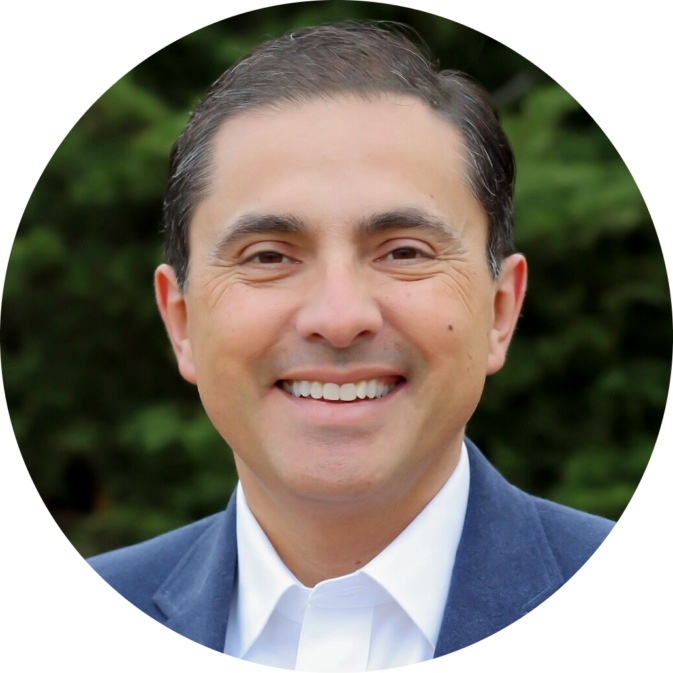NAACP’s Travel Advisory Tries to Distract from Florida’s Black Economic Advancement

The NAACP has suggested that Black Americans avoid Florida. Don’t expect everyone to agree.
Along with millions of Americans from all backgrounds, many Black people are voting with their feet and some are flocking to Florida to take advantage of its economic opportunities. According to Census Bureau data, Florida’s Black population grew by approximately 500,000 between 2020 and 2022.
“Florida is openly hostile toward African Americans, people of color, and LGBTQ+ individuals,” claims the NAACP in its travel advisory. “Florida devalues and marginalizes … African Americans and other communities of color.”
In reality, Florida is a minority beacon through its free-market policies that allow anyone to achieve the American Dream, including those without bourgeois backgrounds, connections and degrees. It’s no wonder so many minorities are moving there from states with fewer opportunities.
Florida has one of the nation’s lowest Black unemployment rates, more than 50% lower than the national average. Florida’s median Black household incomes are far higher than the national Black median. A 2022 WalletHub study found that Florida is one of the most racially equal states in the country.
Even the NAACP cannot abide by its own advice. NAACP Chairman Leon W. Russell lives in Florida, and NAACP co-chair, Karen B. Towns, vacations there.
Would Black Americans flock to Florida if it were really the racist backwater that the NAACP claims? Of course not. But then, the travel advisory is not grounded in reality. It’s a purely partisan effort to distract from the success of the state’s economic policies.
The advisory specifically cites Black education as one area where Florida is lagging. Yet, thanks partly to Florida’s rejection of divisive and intellectually-bankrupt critical race theory, Black students in the state are outpacing their national counterparts.
Federal test scores reveal that Black students in Florida rank first in the nation in fourth-grade math, third in fourth-grade reading, and sixth in eighth-grade reading. This performance is especially remarkable because students in Florida lagged behind almost every state as recently as the 1990s.
Black students’ success in Florida is also partly due to Gov. Ron DeSantis’s quick reopening of schools during the COVID-19 pandemic, after it became clear that schools weren’t meaningful vectors of transmission of the virus. This decision — in the face of strong opposition popularized by the news media — allowed many Florida students to avoid the enormous learning loss, disproportionately felt by minorities, that those in blue states experienced with extended school closures.
Another reason for the success of Florida’s Black students is the state’s robust school-choice program that allows students to escape failing district schools in favor of ones that actually teach math and reading. According to one report, Florida now has more than 100,000 Black students enrolled in charter and private schools — more than the total number of Black students in 30 states.
If the NAACP truly cared about Black Americans’ advancement, rather than trying to score cheap political points, it would call on teachers unions to stop blocking school-choice policies and allow Black families nationwide to follow in Florida’s footsteps and choose the best education available.
The debate over the best way to help Black Americans — through political activism like the NAACP advocates or economic advancement like in Florida — isn’t new. Black intellectuals such as W.E.B. Du Bois and Booker T. Washington clashed over this question while advocating for racial equality at the turn of the 20th century.
Du Bois argued that activism and political power were the best way for Black Americans to attain racial equality, and Washington contended that entrepreneurship was the better approach.
Intellectuals and the media have celebrated Du Bois’s political approach, while Washington has been accused of selling out Black interests. Today, Du Bois’s spiritual descendants, including the NAACP, are similarly feted for their political activism.
In contrast, Black political dominance in major American cities in recent generations has not translated to minority advancement in all areas. Black residents in big cities such as Chicago and Washington, D.C., often face high crime and a dearth of economic opportunity.
“We will not allow our rights and history to be held hostage for political grandstanding,” reads the NAACP’s travel advisory. Indeed, Black Americans shouldn’t allow political grandstanding like the NAACP’s to threaten their economic success in Florida — or anywhere else.





